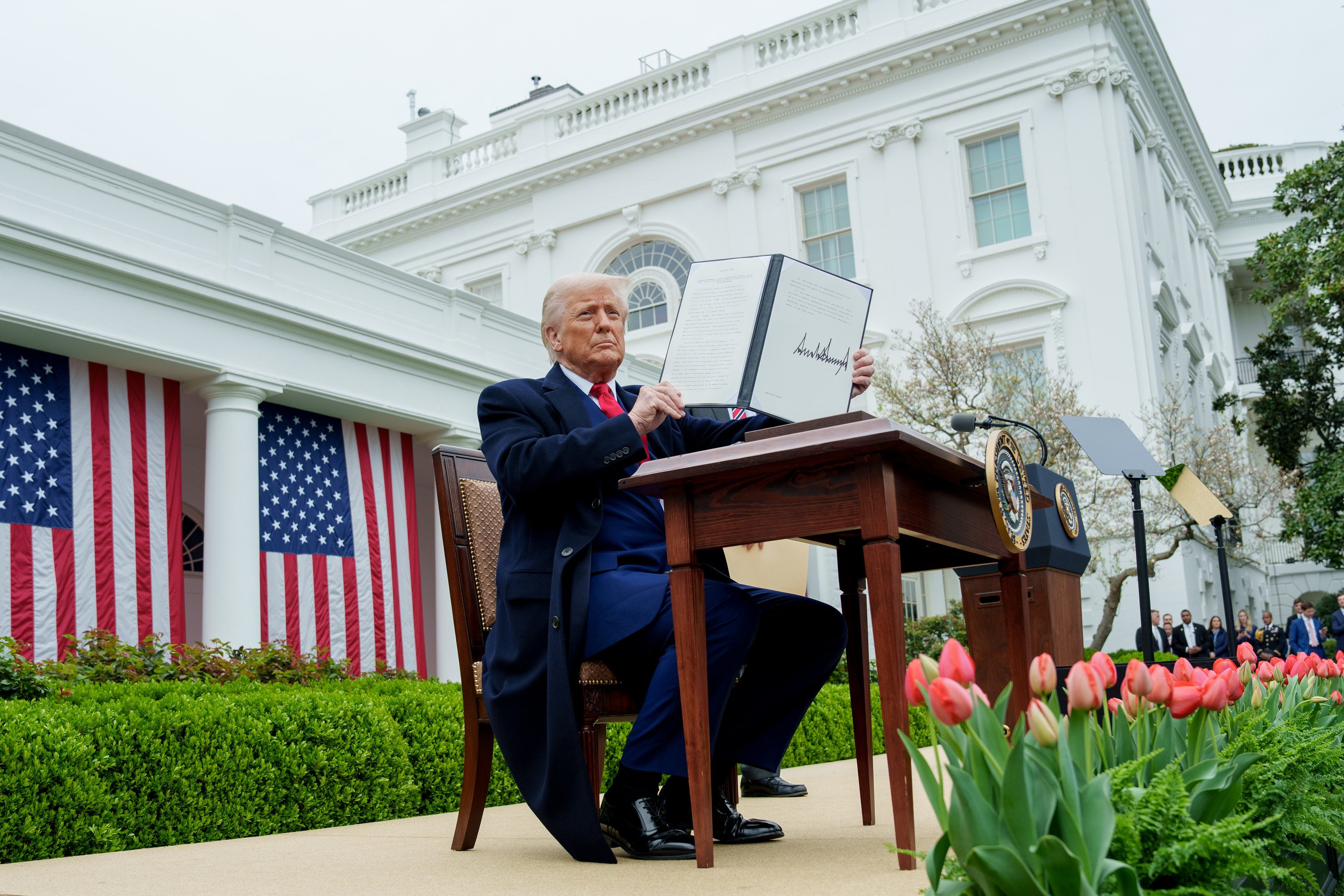Justice Alito's Kiobel Concurrence and the “Touch and Concern” Circuit Split
As Lawfare readers know, the question of corporate liability under the Alien Tort Statute is once again before the Supreme Court. But other ATS issues are still dividing lower courts.
Published by The Lawfare Institute
in Cooperation With

As Lawfare readers know, the question of corporate liability under the Alien Tort Statute is once again before the Supreme Court. But other ATS issues are still dividing lower courts. One of them—recently covered by John here and here—is how much an ATS claim must “touch and concern” the United States to rebut the presumption against extraterritoriality, as outlined in Kiobel. One of my students, Avishai Don, has just published an excellent Note in the Harvard Law Review on this topic. Avishai argues that the Court should adopt Justice Alito’s largely overlooked analysis of the “touch and concern” rule in his Kiobel concurrence. From the Introduction:
[T]his Note argues that [the Court] should adopt the rule that Justice Alito outlined in his Kiobel concurrence. Simply put, an ATS claim should only “touch and concern” the United States if the wrongful conduct that occurred in the United States suffices to constitute an international law violation. Justice Alito’s approach best accords with the Court’s doctrine on the presumption against extraterritoriality. It also minimizes the potential for international friction while being faithful to the Court’s precedent. And it would best maintain the separation of powers principle that foreign affairs are matters for the political branches, not the courts.
Despite all of these benefits, Justice Alito’s concurrence is surprisingly unpopular in the Kiobel literature. Scholars have labeled Justice Alito’s opinion “extreme” and inconsistent with precedent. One scholar has even argued that Justice Alito’s view is “[t]he one thing that the Kiobel presumption cannot mean.” Indeed, although there are many proposals for clarifying Kiobel’s “touch and concern” test, virtually all of them involve some kind of multifactor standard. No one ever seems to have made the case for Justice Alito’s bright-line, conduct-based rule.
This Note makes that case. ...





